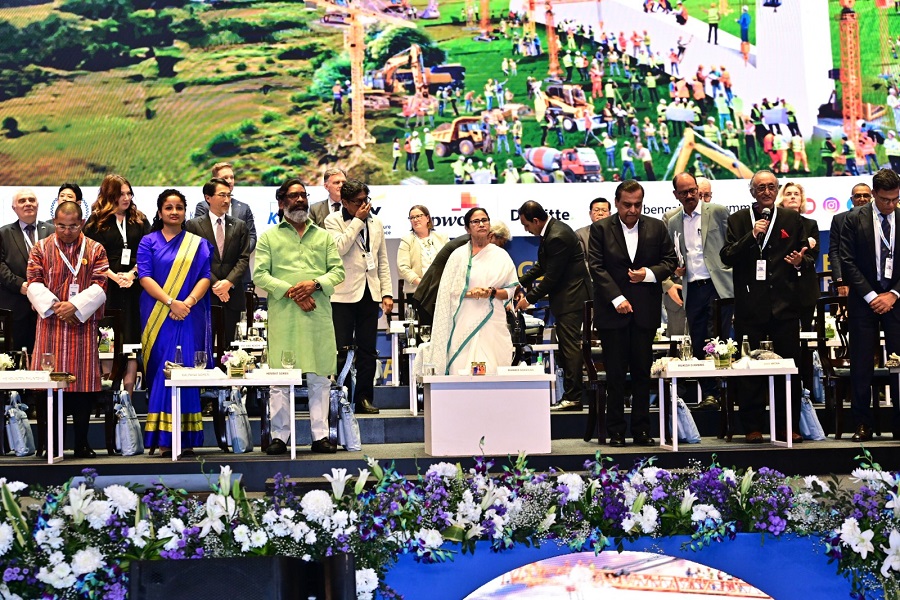Healthcare Expectations from Budget 2025: Towards an Inclusive System

As the Union Budget 2025 approaches, the healthcare sector—one of the most critical pillars of the nation’s well-being—remains at the forefront of public and policy discourse. In the wake of the COVID-19 pandemic, the need for a resilient, inclusive, and accessible healthcare system has become more pronounced. Here are key expectations from the upcoming budget to address the sector's pressing challenges and opportunities.
Strengthening Public Health Infrastructure
A robust public health infrastructure is essential for equitable healthcare delivery. Expectations include:
Increased Allocation: A significant hike in healthcare spending to 3% of GDP from the current 2.1%, with a focus on rural and semi-urban healthcare facilities.
Primary Healthcare Centers (PHCs): Expansion and modernization of PHCs and Community Health Centers (CHCs), ensuring they are well-equipped with diagnostic tools, medical supplies, and trained personnel.
Digital Health Initiatives: Enhanced funding for the National Digital Health Mission (NDHM) to streamline electronic health records (EHR) and telemedicine services.
Addressing Workforce Shortages
The healthcare workforce deficit remains a critical bottleneck in service delivery. Key expectations include:
Training Programs: Allocation of funds for skill development initiatives targeting doctors, nurses, and allied health professionals.
Incentives for Rural Service: Introduction of financial and career advancement incentives to encourage healthcare professionals to work in underserved regions.
Specialized Training: Establishment of medical colleges and training centers focused on emerging specialties like geriatric care and mental health.
Affordable Healthcare for All
To ensure inclusivity, the government must focus on affordability and accessibility. Measures could include:
Enhanced Insurance Coverage: Expansion of the Ayushman Bharat scheme to cover more beneficiaries and include outpatient services.
Subsidized Medicines: Increased funding for Jan Aushadhi Kendras to ensure the availability of affordable generic medicines.
Price Controls: Stricter regulations on the pricing of essential drugs and medical devices.
Boosting R&D and Innovation
India’s position as a global pharmaceutical hub requires continued investment in research and development. Expectations include:
R&D Incentives: Tax benefits and grants for companies focusing on drug discovery, vaccine development, and biotechnology innovations.
Public-Private Partnerships (PPPs): Collaboration between government and private entities to promote healthcare research.
Incubation Hubs: Creation of centers for healthcare startups specializing in AI-driven diagnostics, wearable health tech, and telemedicine solutions.
Focus on Mental Health
The pandemic brought mental health challenges to the forefront. Key expectations are:
Increased Funding: Higher budget allocation for mental health programs under the National Mental Health Program (NMHP).
Awareness Campaigns: Nationwide campaigns to reduce stigma and promote mental health literacy.
Tele-Mental Health Services: Expansion of virtual counseling services to reach remote areas.
Preparedness for Future Pandemics
The lessons from COVID-19 underscore the need for proactive measures:
Emergency Response Systems: Allocation for setting up rapid response units and strengthening disease surveillance networks.
Vaccine Manufacturing: Support for indigenous vaccine development and stockpiling to address future health emergencies.
Global Collaboration: Participation in international initiatives for pandemic preparedness and knowledge sharing.
Encouraging Preventive Healthcare
Prevention is better than cure, and the government is expected to:
Public Health Campaigns: Allocate resources for campaigns promoting nutrition, hygiene, and lifestyle changes.
Screening Programs: Launch nationwide screening initiatives for non-communicable diseases (NCDs) like diabetes, hypertension, and cancer.
Ayurveda and Yoga Integration: Increased support for traditional and alternative healthcare practices under the Ayush ministry.
Conclusion
The Union Budget 2025 presents an opportunity to redefine India’s healthcare system by prioritizing inclusivity, innovation, and resilience. By addressing infrastructure gaps, workforce challenges, and affordability issues, the government can pave the way for a healthier, more equitable future. The onus now lies on policymakers to translate these expectations into actionable initiatives that cater to the diverse needs of the population.




















